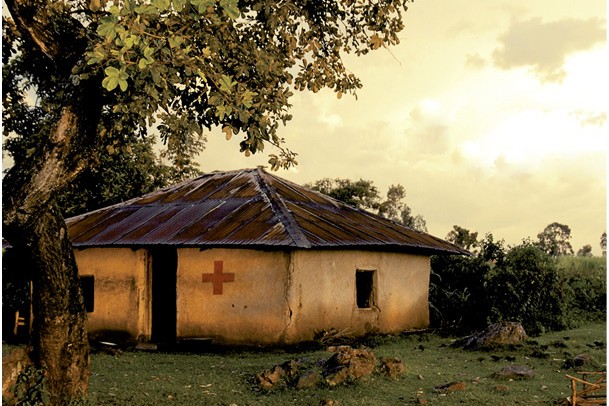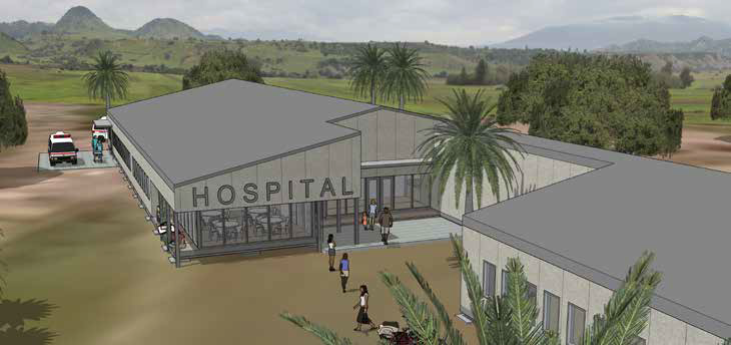Healthcare
With a growth in population and increase in life expectancy many governments and organisations are unfortunately struggling with keeping up, or even starting up. The world is still not equally divided. After centuries of colonial and industrial exploitation many countries and regions struggle to come to par with the rest of the world. And after decades of outsourcing industries the so called developed nations are economically struggling to maintain their standards of healthcare, let alone improve further. The danger is in lost knowledge and a stagnation in development of new medicine and practise. The House of Habsburg supports regions and governments which are looking for the latest healthcare technologies. These technologies can reduce the economic impact of good healthcare (cost savings) and will benefit the healthcare of the well off and less well of nations equally.

The days of small remote rural health clinics run by a philanthrope is long gone. Although there are still many out there struggling. Healthcare science has increased in complexity and required support. Complexity and interdependence is the norm for good healthcare. The science is increasingly changing faster and requires continuous adjusting and investment. Populations are growing and needs are changing. The approach of 20 years ago is irresponsible and even 5 years ago is old news.
However, not every country and government has the means to stay abreast, to keep investing in the many changes or reaching all areas. Good healthcare for some, but not all, can be the result. In many countries the lucky ones go to a capital, or abroad, for private healthcare. The less fortunate sometimes too far away economically or in distance suffer. Public healthcare is often unable to offer the latest or advanced healthcare. Sometimes even basics are out of reach.
It doesn’t have to be that way!
With the latest technologies and systems it is also easier than before to quickly get the best practise, the latest products and hospitals built, equipped and manned. Complete packages with top construction of modular hospital buildings or clinics, sustainable environment, solar energy, top management, doctors, nurses, high tech, pharmacy and medicines can quickly be put in place.

The House of Habsburg and hospital construction specialists support regions and countries looking to improve on their healthcare provision. In addition there is the optional possibility to receive training for personnel on site, or in an academic hospital in a number of European countries.
Where medical staff and skills shortages are an issue international healthcare organisations can assist in providing medical staff. However, we suggest that this is for transitional purposes and that the relevant ministry of health works with us on local/regional training programs. By using the latest Health Care technologies it is possible for doctors and other healthcare professionals to get remote support from specialists.
Healthcare Technologies
Many countries with well established healthcare provisions struggle with adapting the latest in technologies. Current systems are well embedded and it is not easy to port over to new technologies. The process can be highly complex and in addition most developed nations are struggling with funding the increasing demand on healthcare. The right technologies could make a difference. Through advanced telemedicine and pharmaceutical provision development the House of Habsburg sees potential to improve the health outcomes for many patients while saving healthcare providers on expenditure.
It is not always realised but the countries that are less well off are often in a better situation to implement modern systems. With basic modern communication systems and these healthcare technologies the population could be benefitting of digital medical records, remote diagnosis and pharmaceutical delivery. Depending on the country and situation this is not always without challenges, but these challenges can be overcome. The systems work especially well for those living in remote areas and those in areas with little (traditional) healthcare provision. It is also very suitable for groups which are mobile, nomadic, and those temporary relocated due to environmental or geopolitical problems (natural disasters, famine, war, etc. ). The House of Habsburg is happy to offer those countries in need the technology at very reasonable and largely reduced license fees.

